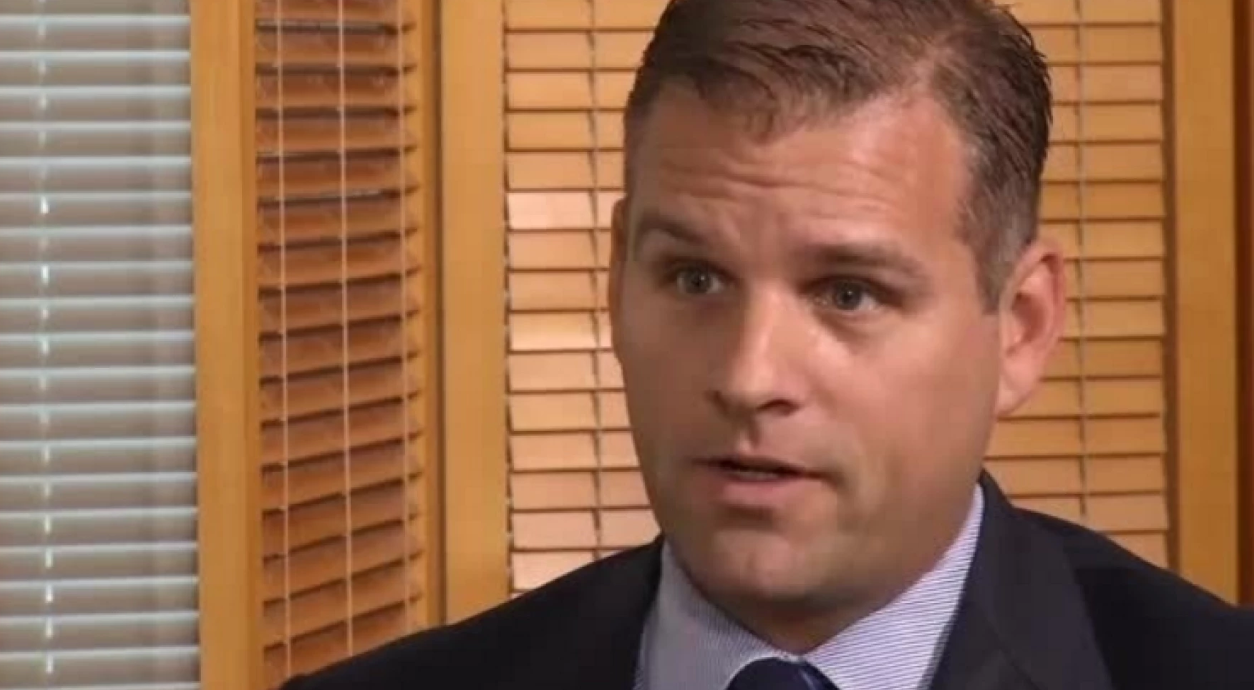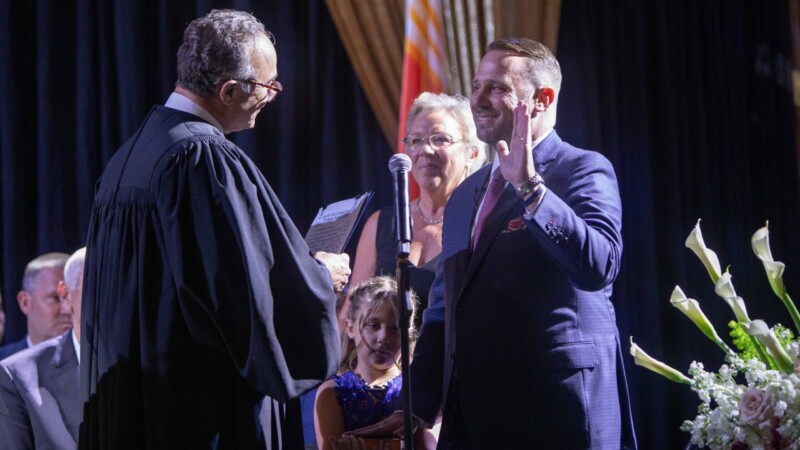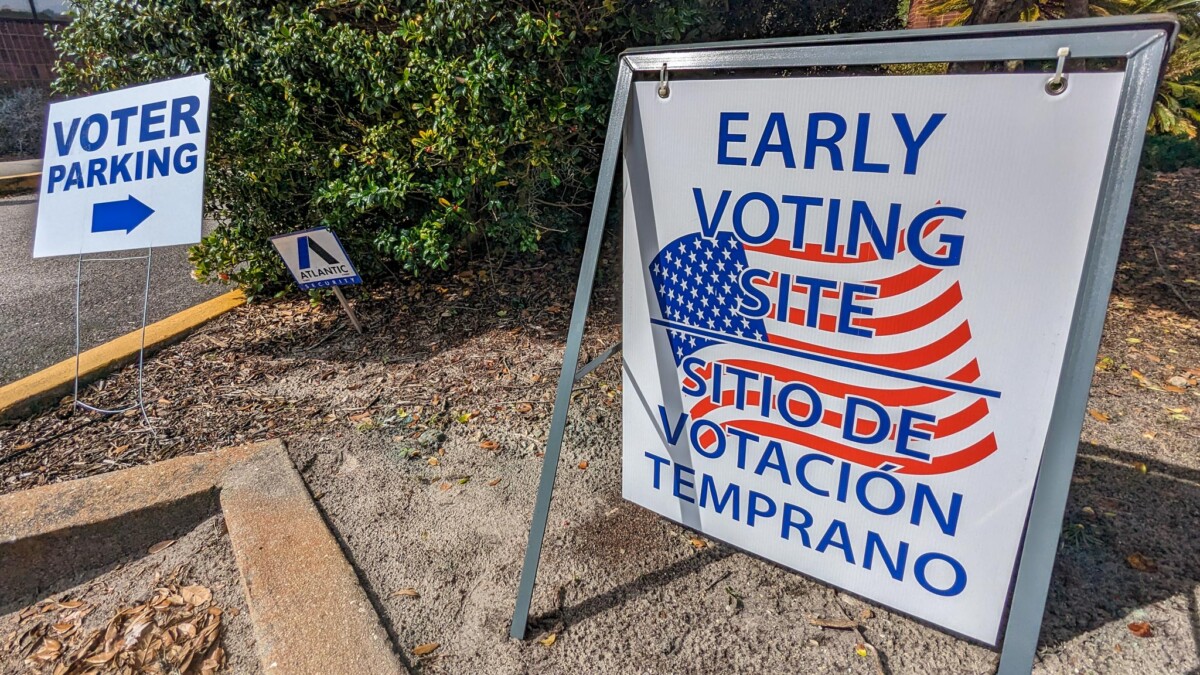The Florida Supreme Court has permanently disbarred former Public Defender Matt Shirk from practicing law in the state.
The action follows a court order in 2021 that suspended Shirk for six months after he pleaded guilty to ethics violations committed when he was the public defender in the 4th Judicial Circuit in Duval, Clay and Nassau counties.
A court order in August 2022 suspended him for a year, and a new order filed Wednesday says Shirk is disbarred permanently for practicing law during that suspension. The court found he handled court duties for four different immigration clients in 2023.
The order demands that Shirk pay $1,250 in court costs.
Shirk could not be reached for comment Thursday.
First elected public defender in 2009, Shirk was reelected in 2013, then lost his bid for a third term in 2016.
Shirk was initially investigated after the Florida auditor general issued a scathing report that documented how he misused staff and funds for personal gain and may have illegally deleted records, something he had been accused of in the past as well.
A grand jury also recommended Shirk be removed from office. But then-Gov. Rick Scott declined, and Shirk was unwilling to step down.
Shirk was initially fined $6,000 after admitting to a number of ethics violations. Those included allegations that he improperly hired women to work in the public defender’s office, then directed that they be fired “for the private benefit of himself and to save his marriage,” according to the referee’s report.
The Tributary, a Jacksonville Today news partner, reported that claims included hiring one woman after seeing a photo of her working as a ring girl at a boxing match, according to grand jury and ethics commission reports.
Another woman was a waitress, and a third was the girlfriend of the then-president of the local police union, according to investigative reports.
At work, Shirk repeatedly sent two of them sexual messages and took another on out-of-town work trips. Investigations also revealed that Shirk invited the women to join him in his office shower. He also illegally drank with two of the women in his office, then fired them after his wife found the messages, The Tributary reported.
Court filings also stated that Shirk disclosed or used information not available to the general public for personal gain or to benefit anyone else. The violation occurred when Shirk revealed information about a former child client to a television documentary crew, violating attorney-client privilege in the high-profile case of then-12-year-old Cristian Fernandez, who was accused of murder.
The order this week stated that Shirk was held in contempt for representing clients during his suspension. He filed a notice to represent four different immigration clients with the U.S. Citizenship and Immigration Service, the filing states.
When one of those clients asked Shirk whether he was going to represent him at his hearing, Shirk “advised the client that he was suspended from the practice of law, but that respondent would contact the immigration court and determine what the client needed to do.”
Later, Shirk filed motions with the court to continue hearings scheduled for three clients, “rather than advising his clients of his suspension from the practice of law and taking the reasonably necessary steps to protect their interests due to his inability to continue representing them in their immigration cases,” the filing states.
In August, Shirk also filed an emergency motion on behalf of a client in a removal proceeding with the immigration court in Orlando.
In the end, The Florida Bar asked the state Supreme Court to order Shirk to show why he should not be held in contempt and disbarred immediately. Shirk responded to the filing in mid-November, saying that he had “been in full compliance with the court’s order of suspension.”
“The preparation of applications and forms with USCIS does not require Bar membership or any special licensing. Any person can prepare applications and forms on behalf of applicants,” Shirk stated. “Additionally, Respondent could not find other counsel to file anything on his behalf.”
Shirk concluded that he was not practicing law during his suspension or attempting to litigate any matter or give any legal advice. He said he was simply notifying immigration court officials that “he was still suspended from practice and could not appear on behalf of the clients in question.”
The Florida Supreme Court disbarred him 12 days later.







